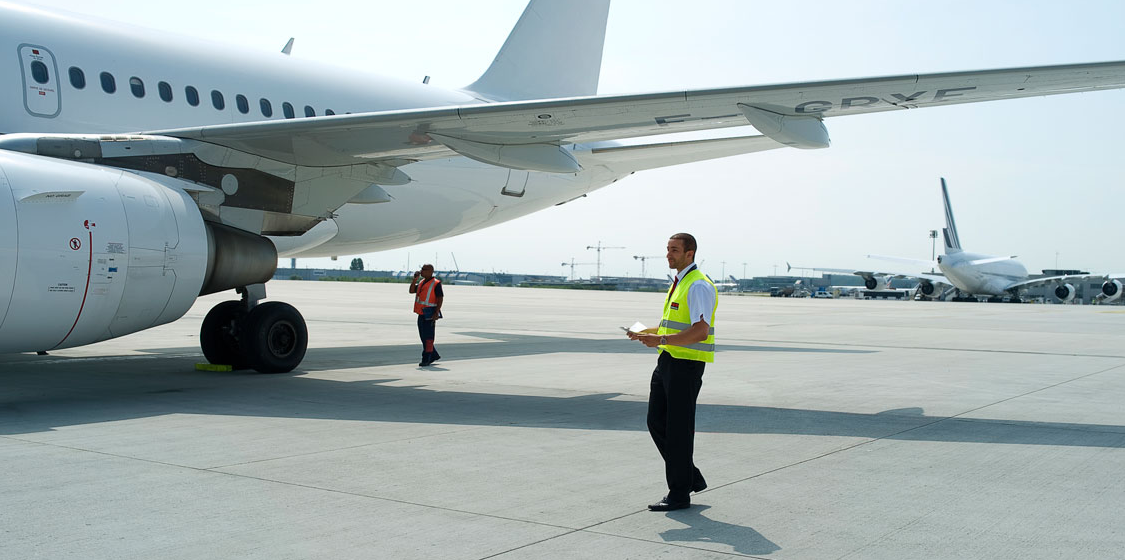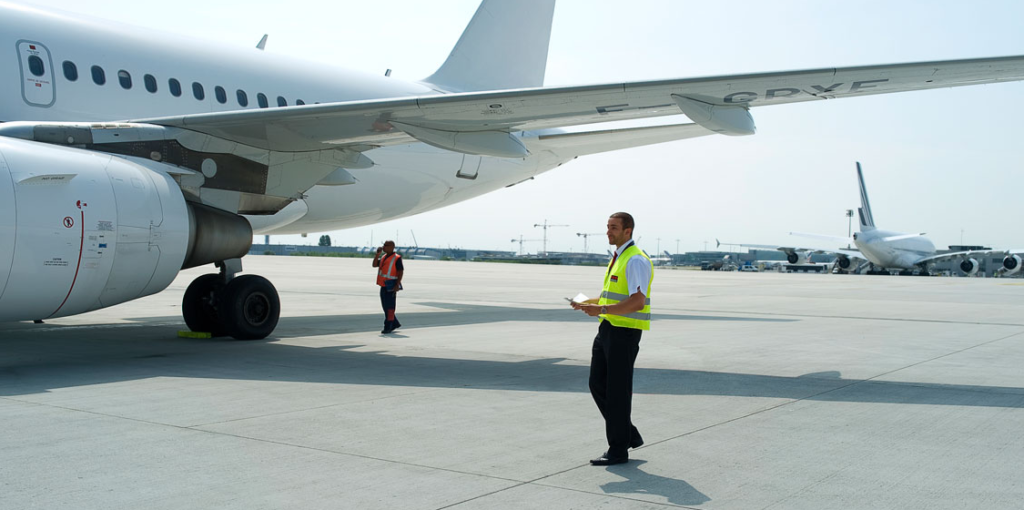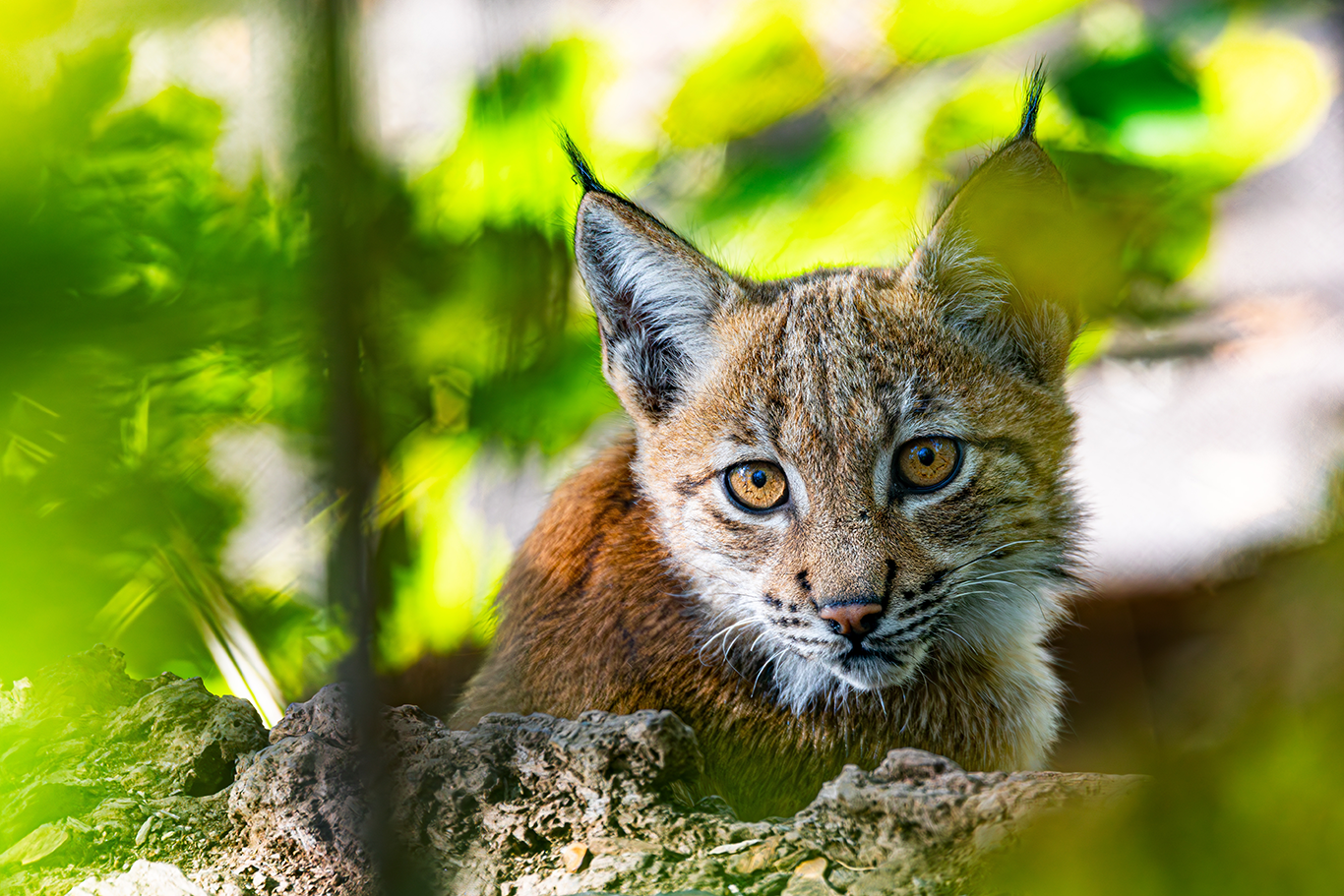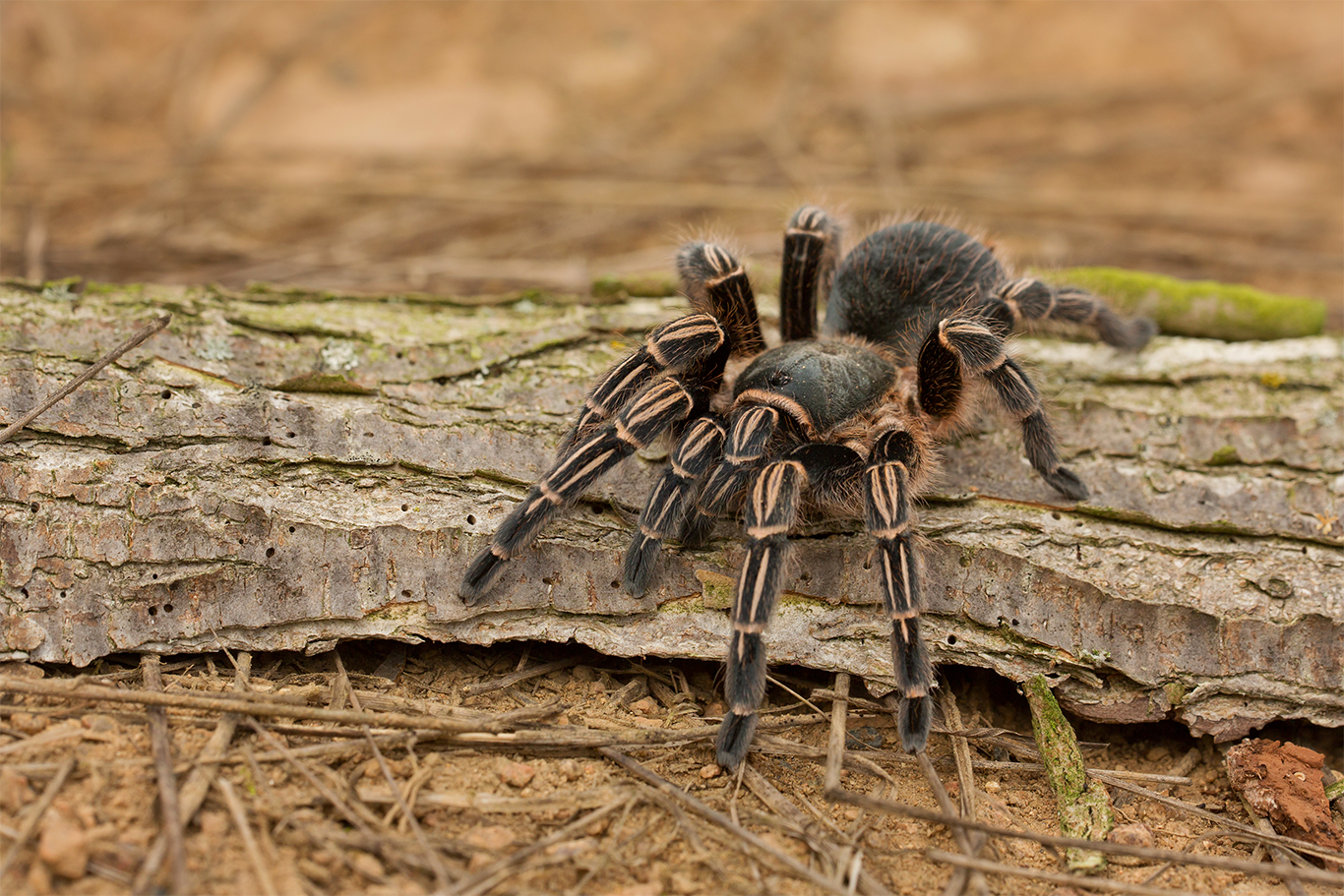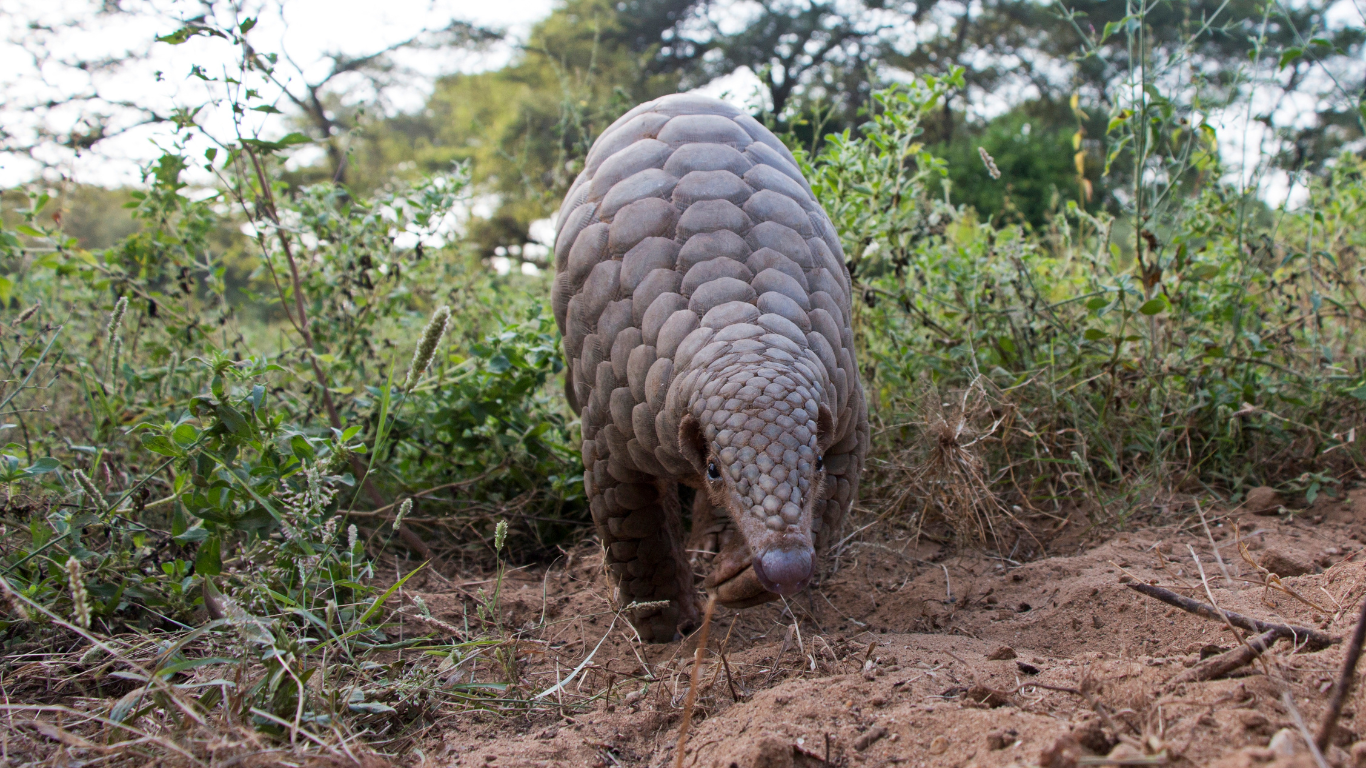The illegal trade of wildlife is the fourth largest black market in the world, worth in the region of USD 20-billion (€17-billion) annually, and wildlife traffickers are highly dependent on commercial air transportation systems to smuggle endangered wildlife.
This is one of the key findings of a newly published report “In Plane Sight: Wildlife Trafficking in the Air Transport Sector” which seeks to rally the airline transport sector to combat wildlife trafficking.
According to In Plane Sight, wildlife traffickers moving ivory, rhino horn, reptiles, birds, pangolins, marine products and mammals by air tend to rely on large hub airports all over the world. Collectively, these categories account for about 81 percent of all trafficked wildlife, according to the United Nations Office on Drugs and Crime (UNODC), and serve as indicators for broader trends within illicit wildlife trafficking.
Researchers who compiled the report analysed global airport seizures of illegal wildlife and wildlife products from 2009 to 2017, finding instances of trafficking in at least 136 countries. Data from 2017 showed a massive spike in the seizure of shipments of rhino horns. These were nearly three times higher than the seizures recorded in 2016.
According to In Plane Sight, routes of wildlife products such as ivory, rhino horn and pangolin tend to flow from Africa to Asia, often transiting first through the Middle East and Europe. Wildlife traffickers carrying live animals, such as live birds and reptiles, generally rely on direct flights worldwide with different hotspots for wildlife trafficking in every region.
China was by far the most common destination for all seized wildlife products between 2009 and 2017.
In Plane Sight outlines more than a dozen recommendations for preventing wildlife trafficking through the air transport sector. These include building awareness among personnel and passengers, training air industry staff, strengthening corporate policies and seizure protocols, and sharing seizure information.
“Many airlines recognise the need to combat wildlife trafficking and are stepping up as leaders in this global effort. Airline staff spend more time with passengers and baggage than customs authorities and can provide a key source of intelligence for enforcement agencies,” said Jon Godson, Assistant Director of Environment at the International Air Transport Association (IATA).
Illegal wildlife trafficking impacts more than 7,000 species of animals and plants. Criminal organizations involved in wildlife trafficking are often directly connected to other trafficking networks, with the profits being used for all manner of illegal activities.

